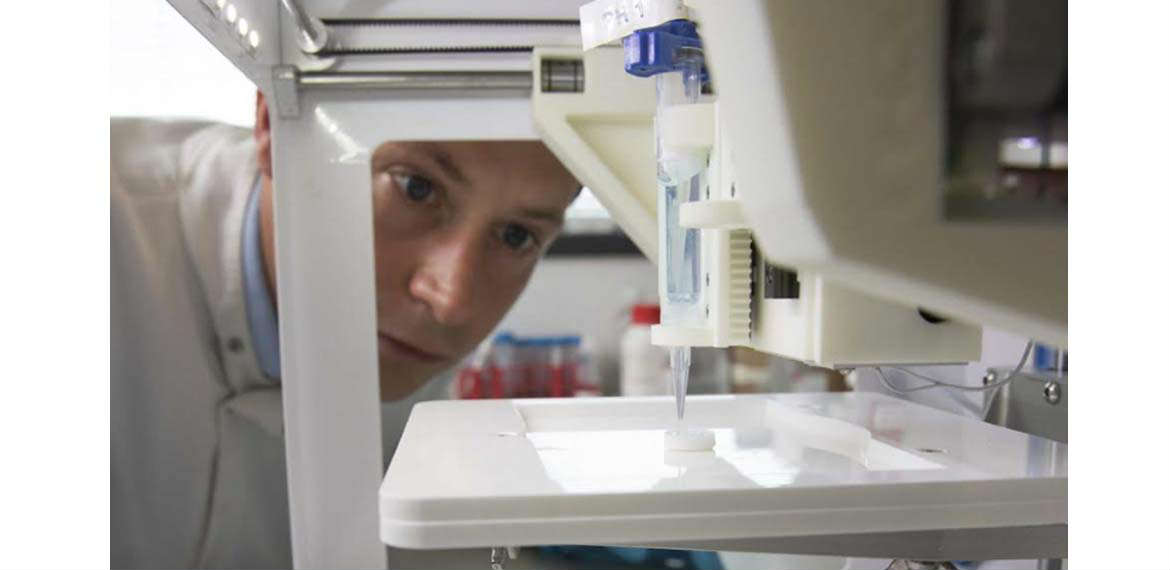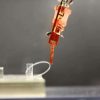For the first time in world’s history, researchers at Newcastle University in the UK has successfully created the first ever artificial cornea made with alginate and collagen through the use of a 3D printer.
In a report by Techspot.com, the researchers used corneal stromal cells they acquired from a donor which they mixed with alginate and collagen in order to create a bio-ink for 3D printing the artificial cornea.
The 3D-printed cornea should be gel-like that could keep the stem cells alive, could hold its shape, and could still be pushed through a 3D printer’s nozzle which the researchers successfully created with a printing time of just 10 minutes.
Researcher Che Connon said: “This builds upon our previous work in which we kept cells alive for weeks at room temperature within a similar hydrogel. Now we have a ready to use bio-ink containing stem cells allowing users to start printing tissues without having to worry about growing the cells separately.”
Years of testing are yet to be conducted to make the printed corneas available for transplant but Connon said that creating the artificial cornea showed that there is a potential to combat the world-wide shortage when it comes to helping millions of people suffering from corneal blindness.
He added: “However, what we have shown is that it is feasible to print corneas using coordinates taken from a patient eye and that this approach has potential to combat the world-wide shortage.”
(Photo source: digitaltrends.com/ YouTube – Newcastle University)












